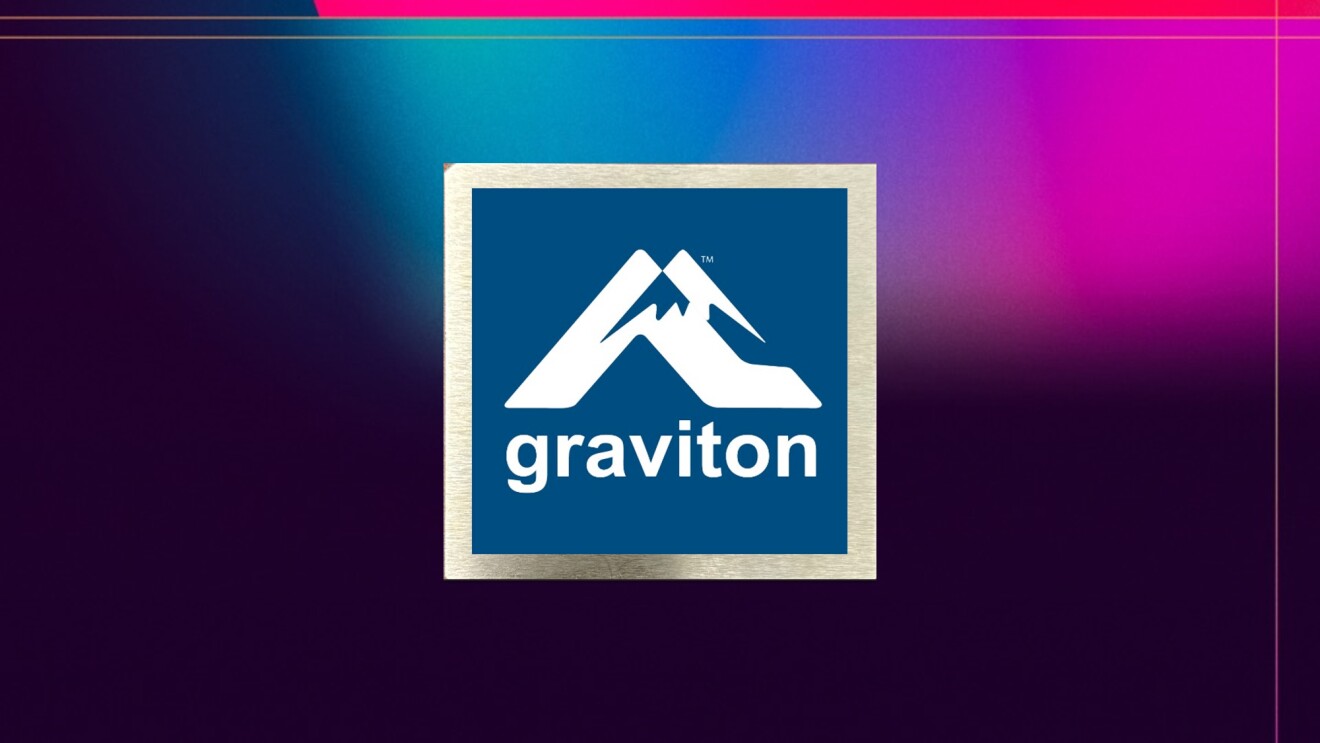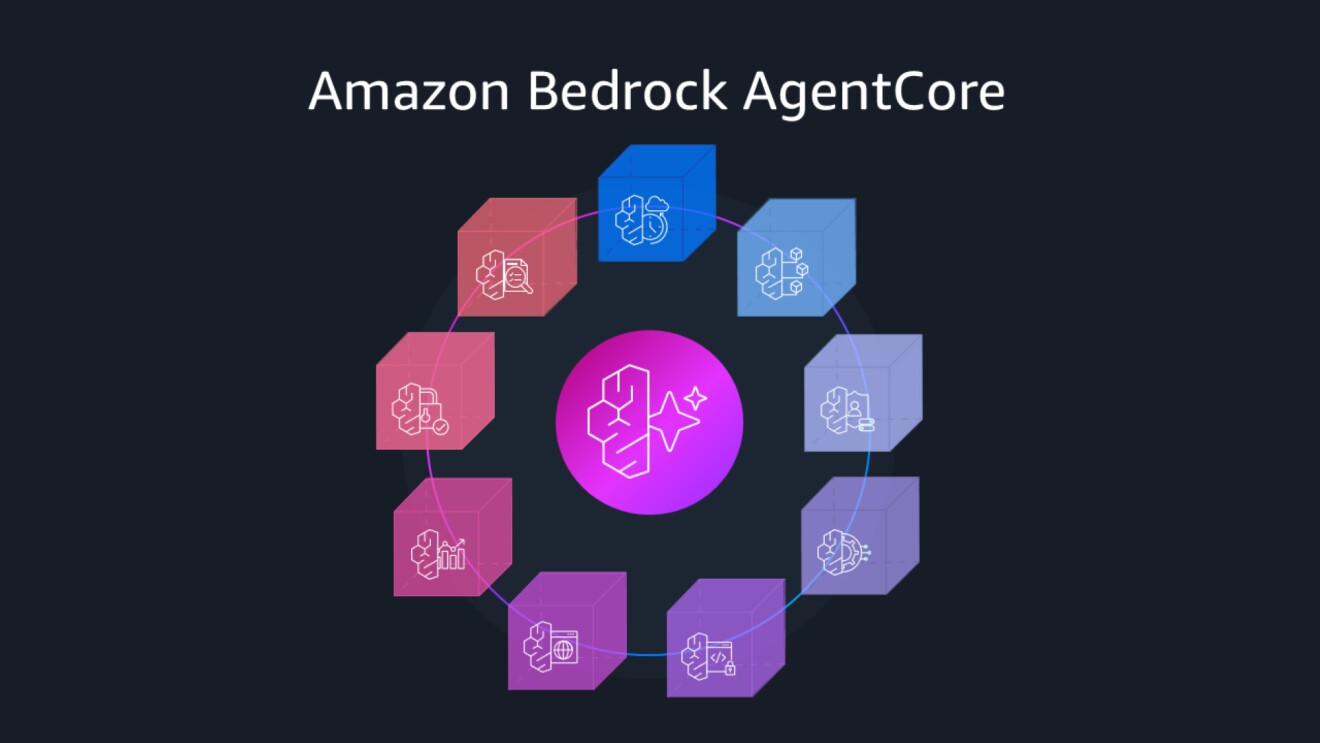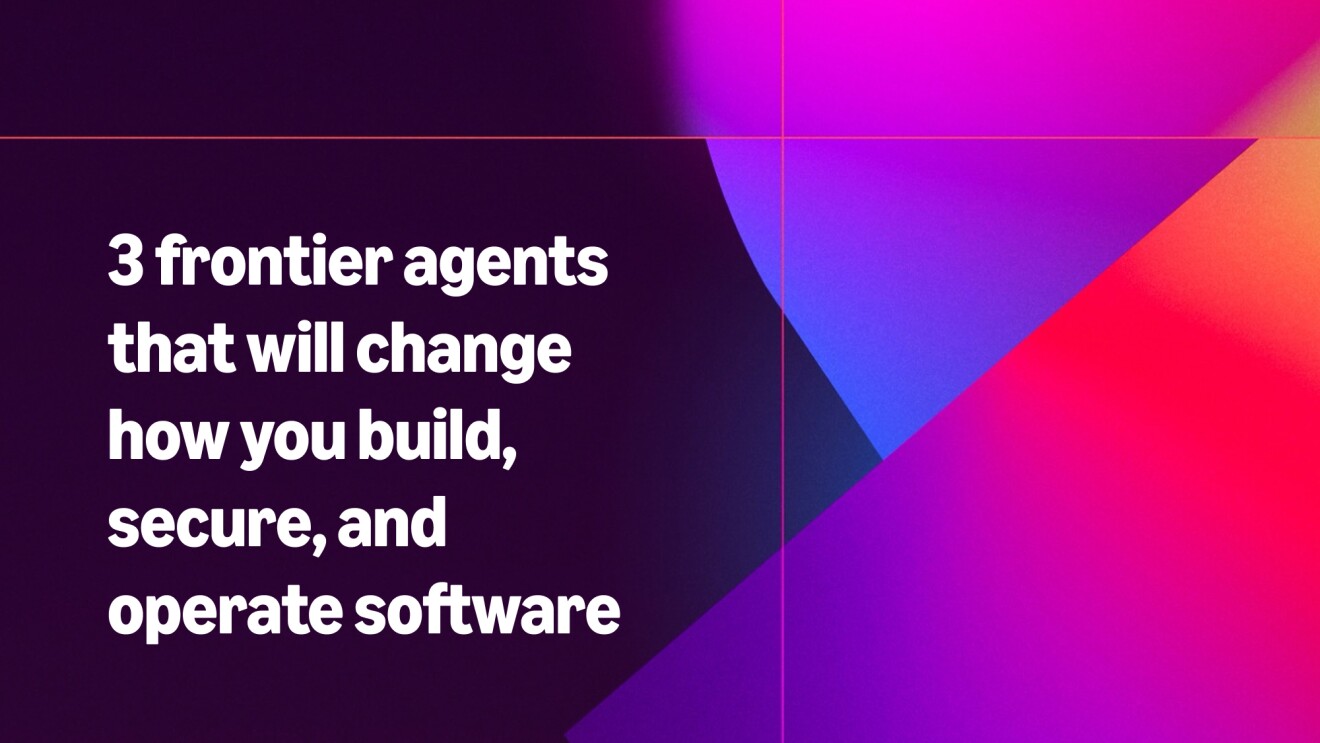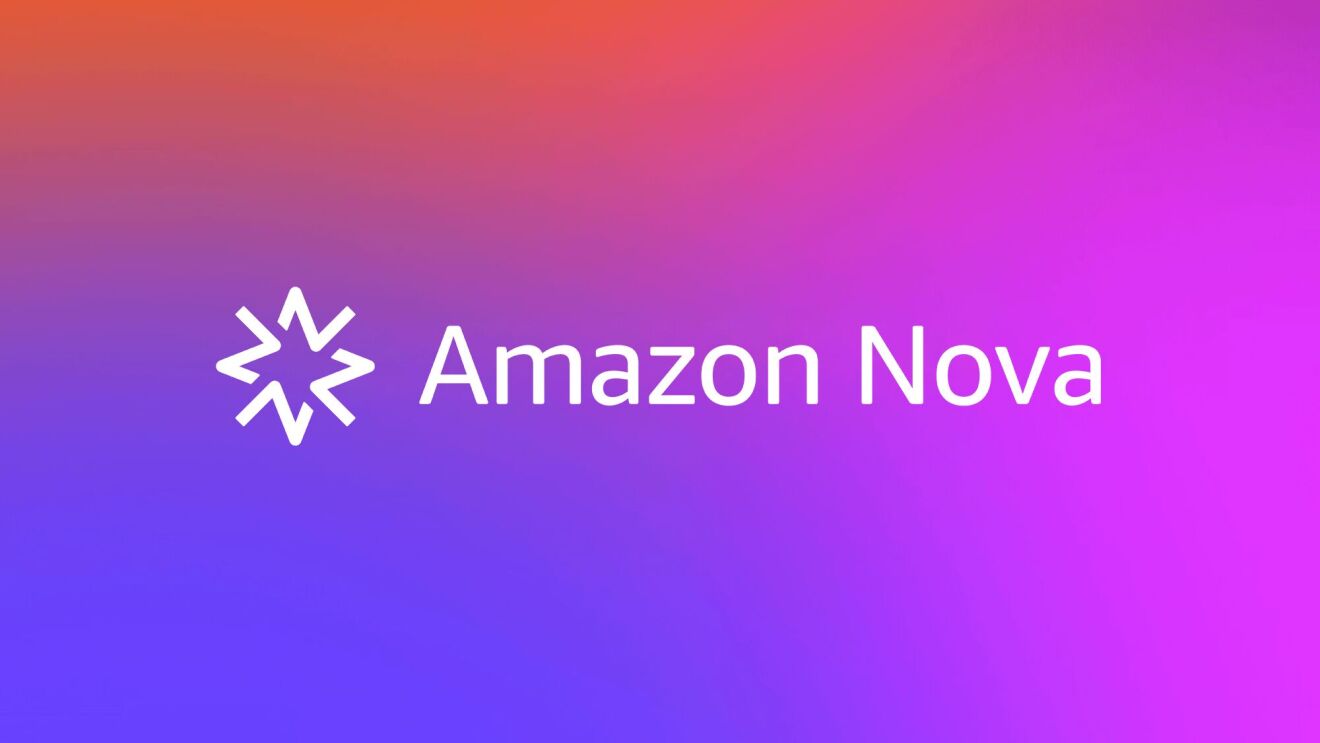What do a plant shop, a dog-fostering organization, and a startup that makes crispy snacks out of seaweed have in common? They’re all based in the Seattle area and are learning how to use generative AI to be more efficient and productive.
Peace, Love, and Happiness Club, a plant shop specializing in premium and collector tropical houseplants; Dog Gone Seattle, a nonprofit organization dedicated to saving homeless dogs from high-kill shelters, and Blue Dot Kitchen, producers of Seacharrones, organic snacks made from sea kelp grown by independent farmers in the U.S., are three of the latest small businesses to use generative AI to build apps that resolve day-to-day issues.
A video series—launched in Atlanta, Georgia, earlier this year—showcased how anyone can quickly and easily use generative AI to build apps to help their businesses. In the series, AWS AI expert Dr. Nashlie Sephus meets with local entrepreneurs and shares her tips for using PartyRock, a free generative AI app-building tool built on Amazon Bedrock, which lets anyone create apps in just a few minutes.
Here’s how three businesses used PartyRock to create how-to guides for their customers, produce bite-sized content to support potential dog fosters, and summarize scientific research to communicate more clearly and transparently with their customers:
1. Create custom product recommendations and how-to guides
Plant shop owners Neil Silverman and John Tseng set up their thriving business Peace, Love, and Happiness Club in Seattle’s Fremont neighborhood in 2021. The beautiful, airy 5,000 ft space is home to more than 10,000 species of plant—ranging from rare, collectors’ varieties, to affordable everyday favorites like the snake plant.
While Silverman and Tseng love nothing more than matching their customers with the plants best suited to their living situation and lifestyle, they can often spend hours talking customers through all the different options. Sephus’s prescription? Use PartyRock to quickly and conveniently create two apps: A “Plant Pal” app that helps customers find the right plant for them in seconds and an “Exotic Gardeners Companion” app that produces how-to-guides for customers to care for their new purchases.
To use the Plant Pal app, customers provide information about their home environment and level of plant expertise, and the app generates recommendations. They can then use the “Exotic Gardeners Companion” to learn how to care for their chosen plant, simply by typing in its name to receive detailed care tips such as ideal growing conditions, watering needs, soil requirements, and more.
2. Produce easy-to-digest information for your customers
Jenny Nordin, a busy mom-of-three and founder of Dog Gone Seattle, needed a faster way to deliver important information to the company’s “small army” of fosters and volunteers.
Dog Gone Seattle, a non-profit that finds new homes for rescue dogs in the Seattle area, provides fosters with step-by-step support and resources. But it took a lot of time to cut and paste parts of the company’s 21-page foster guide into individual emails.
Sephus showed Nordin how to use PartyRock to turn the content into bite-size communications that can answer fosters’ most frequently asked questions, rather than sending individual emails with specific details. All Nordin had to do was upload the foster guide PDF using the PartyRock document upload feature, and it helped her to generate a concise summary with bullet points and relevant images.
Dog Gone Seattle is always looking to recruit new fosters who can offer a safe, secure, and loving environment to the never-ending stream of dogs that need temporary housing while they wait for their forever homes.
3. Summarize detailed research papers and reports
Blue Dot Kitchen founder Travis Bettinson has two main goals for this company: Build a market for regenerative, harvested kelp (an aquaculture crop that doesn’t require freshwater, land, fertilizer, or pesticides to grow) with tasty products that people want to eat and create a food system that’s more sustainable.
For Bettinson, being able to communicate transparently and authentically with customers is crucial to building and maintaining a brand that people trust. Part of this involves “keeping up to date with the most recent scientific knowledge,” but he found that taking care of the daily minutiae of running a business means a lot of this new research “just sits in my folders and I rarely have time to read it.”
Sephus showed him how to use PartyRock document upload function to summarize scientific research in seconds, pulling out key findings that can help him quickly understand the most up-to-date industry research, and communicate it to his stakeholders and customers.
Bettinson and his wife came up with the name for the company’s first product while sitting and tasting early versions of sea kelp snack.
“I told her that the umami flavor of the seaweed reminded me of chicharrones, or crispy pork rinds,” Bettinson said. “And we just looked at each other and said, ‘Oh. Seacharrones.’”
How to use PartyRock
You don’t have to be a small-business owner to use PartyRock—it’s open to anyone. If you’re interested in learning the basic components of an AI app, and how to use prompts to create your own AI apps, you can immediately check out the PartyRock website, or take the Introduction to Amazon PartyRock course on AWS Educate.
- PartyRock is free—get started with PartyRock today. (PartyRock is not intended for users under 18.)
- To learn more about PartyRock and other AI tools, create a free AWS Educate account and get started in the AI/ML course section.












